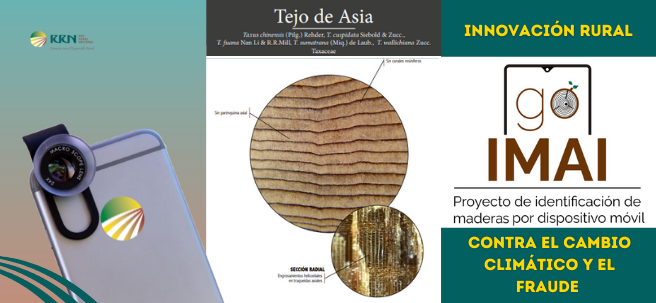
26 de January de 2022
Wood identification project using mobile devices.
January 25, 2022. Spain has become one of the world's pioneers in developing a mobile application ("app") to prevent fraud in the timber sector.
- The IMAI Operational Group develops a computer application that identifies wood with a magnifying glass placed on a mobile device.
- Its objective is to prevent deforestation and climate change by identifying wood from prohibited areas and preventing uncontrolled logging.
- In turn, the application helps the State Security Forces and Corps in their fight against timber fraud.
The “Wood Identification and Artificial Intelligence” Operational Group ( GO IMAI ) is developing a mobile application to identify wood types using artificial intelligence combined with knowledge of wood anatomy.
As explained to the National Rural Network (RRN) by one of the researchers and project leader, Luis García Esteban , this is an application designed to provide State Law Enforcement Agencies with an Artificial Intelligence (AI) tool. García Esteban highlights that the initial objective was "to establish an early warning tool" in case the wood does not match what was established between the buyer and seller or if it does not comply with the European Timber Regulation regarding protected species or with theConvention on International Trade in Endangered Species of Wild Fauna and Flora (CITES) .
In turn, the coordinator of the Operational Group, Paloma de Palacios , points out that the initial objectives of the GO have been expanded in two ways:
- The number of wood types to be identified has been increased.
- The app is now intended for the general public and will be completely free of charge.
Operation
The application uses a 24x magnifying glass and a 400x magnifying glass to take a photograph that can establish an early warning for suspicious shipments of illegally traded wood with a high success rate. This photograph indicates the type of wood, as well as the actual probability that it is that type of wood. Currently, the GO managers at the Polytechnic University of Madrid ( UPM ) are in charge of the wood databases. Once they collect the information, they send it to the other university involved, the University of Granada ( UGR ), which is responsible for improving the algorithm with machine learning and developing the application. A third party, the Spanish Association of Wood Trade and Industry ( AEIM ), establishes the link with the wood importing sector.
Against climate change and fraud
The importance of the app, according to its Madrid-based developers, lies in its ability to combat fraud, in addition to its impact on climate and environmental benefits: "If we are able to filter even just 20% of the wood traded worldwide, we will be preventing deforestation and climate change." UPM researchers have launched, together with the Ministry for Ecological Transition and the Demographic Challenge, an early warning macroscopic guide that shows the identification procedure, which is equivalent to that used with the GO IMAI app.
This innovation project is part of the National Rural Development Program and is funded by the EAFRD (80%) and the General State Administration (20%).
In addition to the UPM, the UGR, and AEIM, other subcontracted actors include Everyware Technologies, SL, the Discover Foundation, Donosti Frame, SL, and José Luis Fermosel Álvarez.











